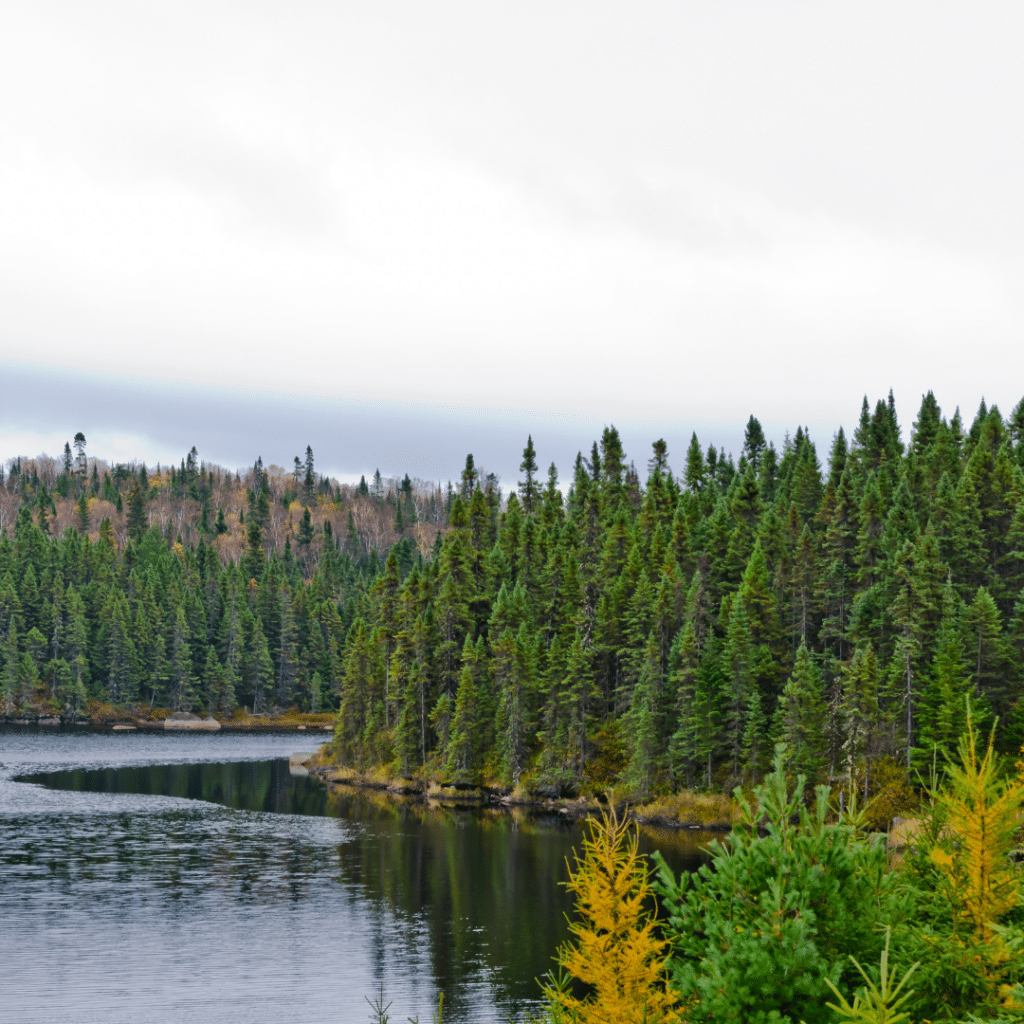
Keeping it Clean – Video
The forested watersheds of British Columbia’s Interior are a primary water source for aquatic ecosystems and human populations. The mountain pine beetle (MPB) infestation and associated salvage harvesting have the potential to affect the amount, timing, and quality of water originating from these watersheds.
Watch the video on the MPB Hydrological Impacts and Watershed Management
This paper reviews research on the effects of the mpb and salvage harvesting on watershed hydrology, and how these activities may affect watershed function.
Changes to British Columbia’s lodgepole pine forests due to the mountain pine beetle (mpb) outbreak will affect stand water balances, hillslope hydrology, and streamflow in many watersheds. The magnitude of this disturbance has prompted a range of research at both stand and watershed scales to address uncertainty about the hydrologic effects of mpb, such as an increased potential for flooding; changes in water yield, peak flows, and low flows; slope and channel changes associated with increased runoff, as well as the effects of hydrologic change on aquatic habitat and drinking water. This paper summarizes the key hydrologic changes expected. It also highlights the results of research currently underway throughout the British Columbia Interior and other regions to quantify changes in hydrologic processes and potential effects at the stand and watershed scales of mpb-related stand mortality and salvage harvesting. General forest planning recommendations and sources of further information are provided.
Read the research paper: Mountain Pine Beetle and Watershed Management
Read More: 20 Years of Fallout in the Forestry Sector
